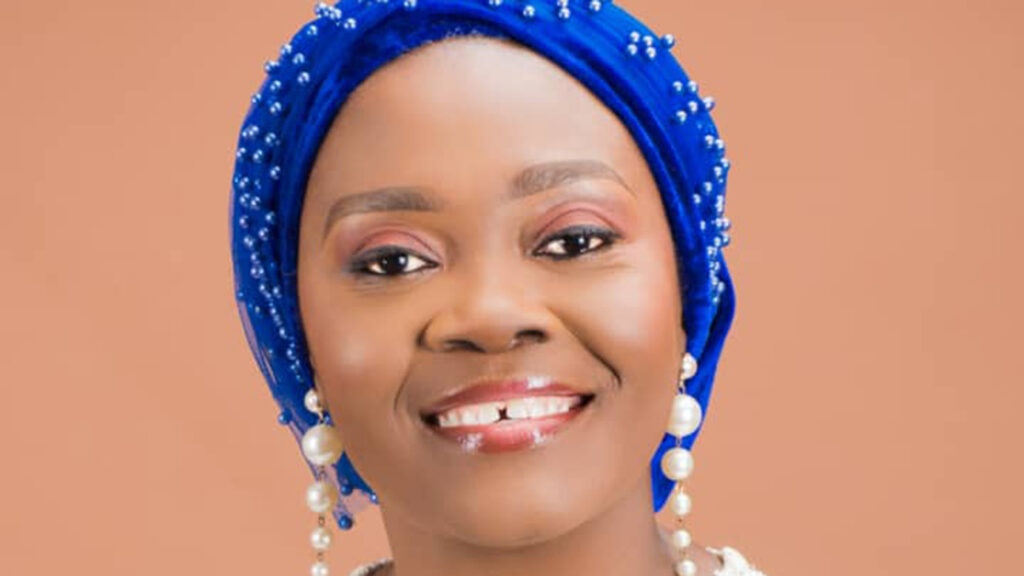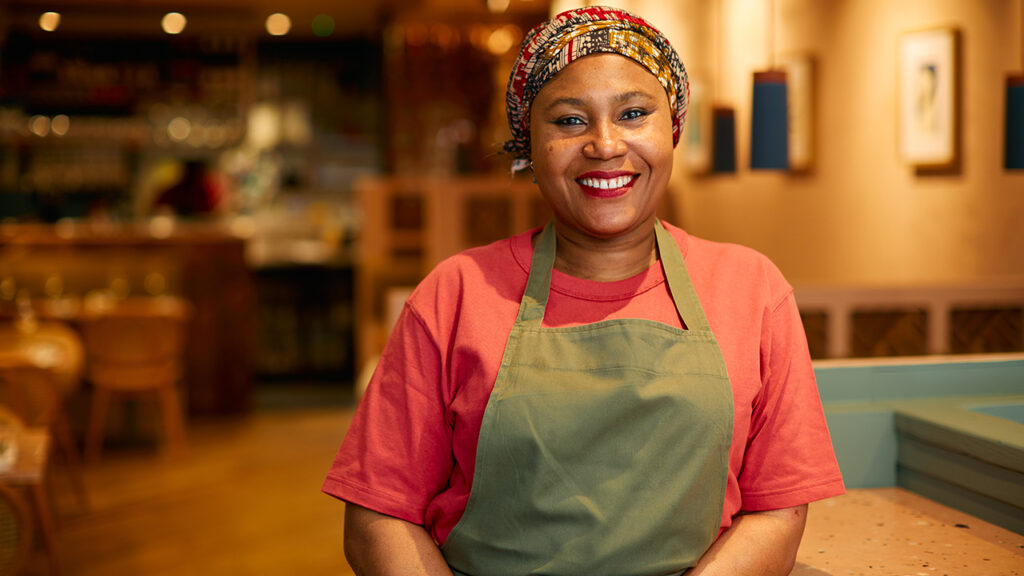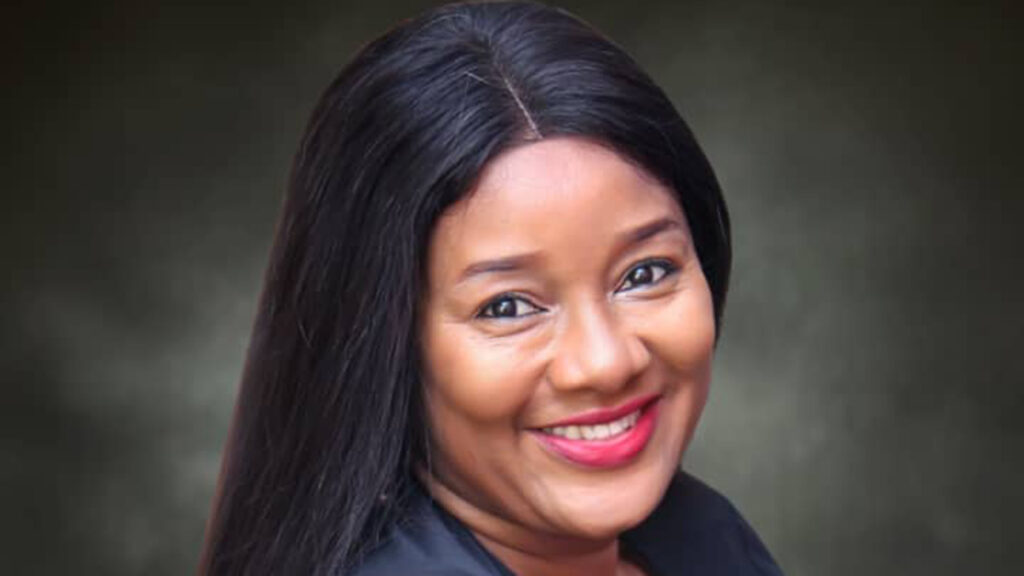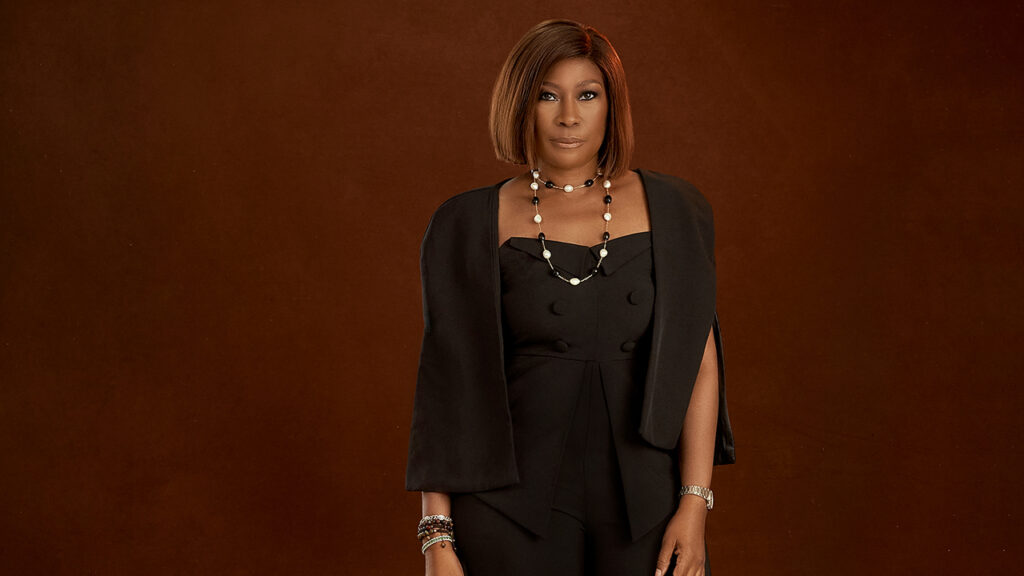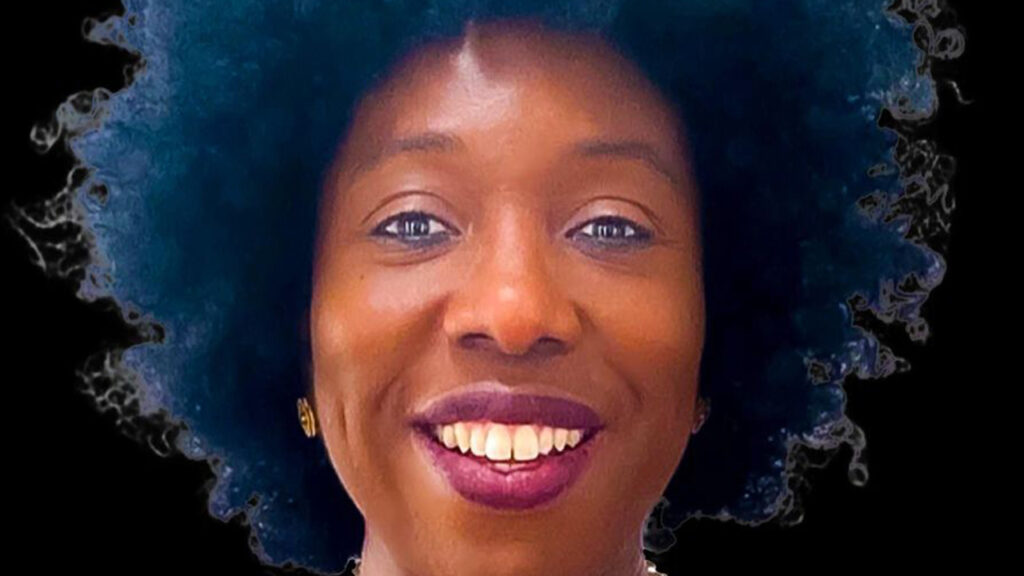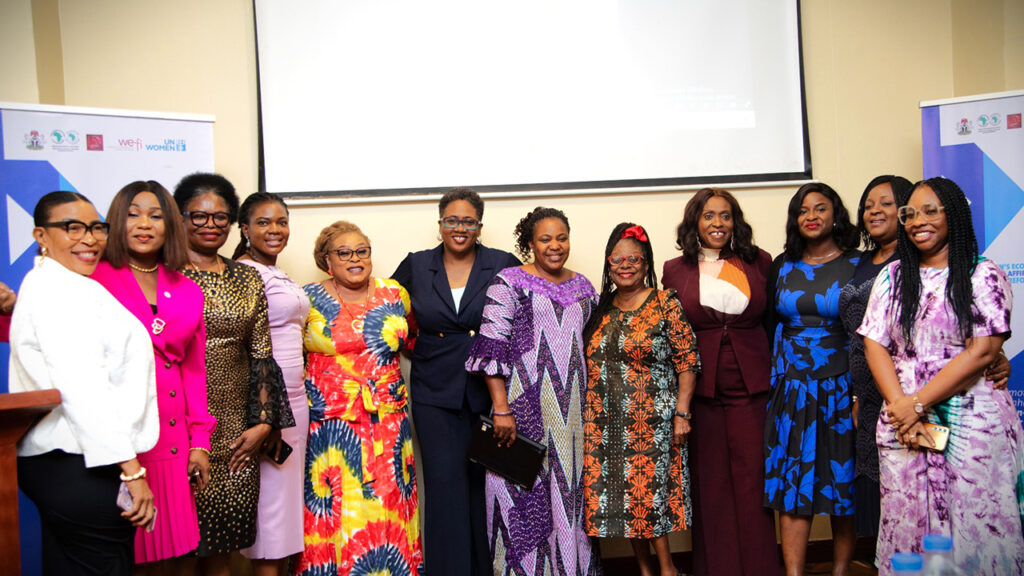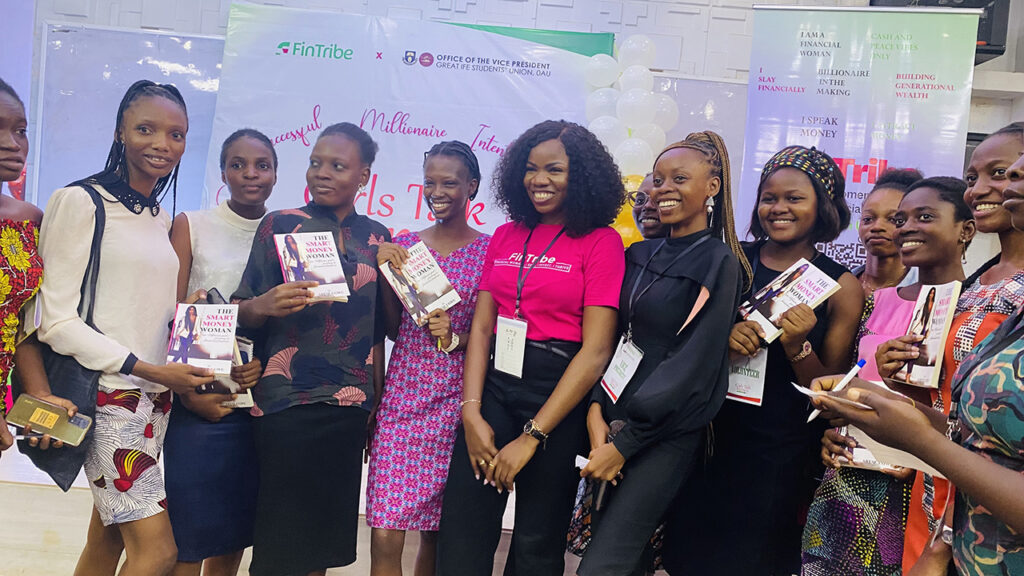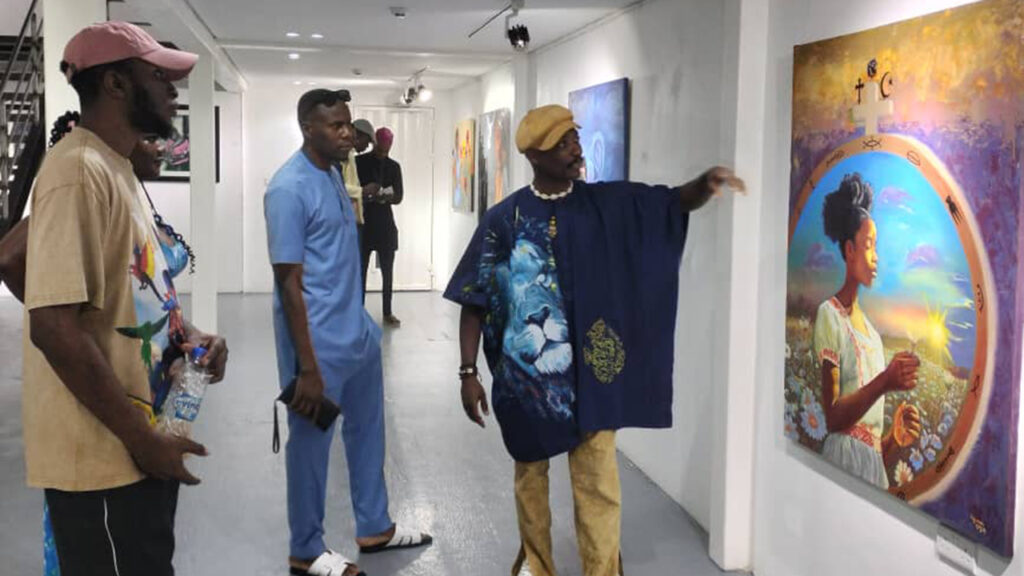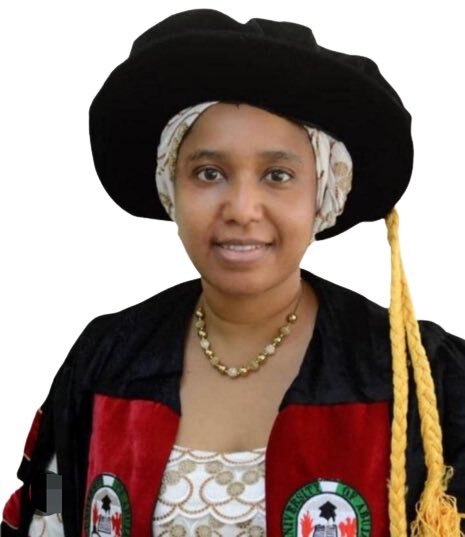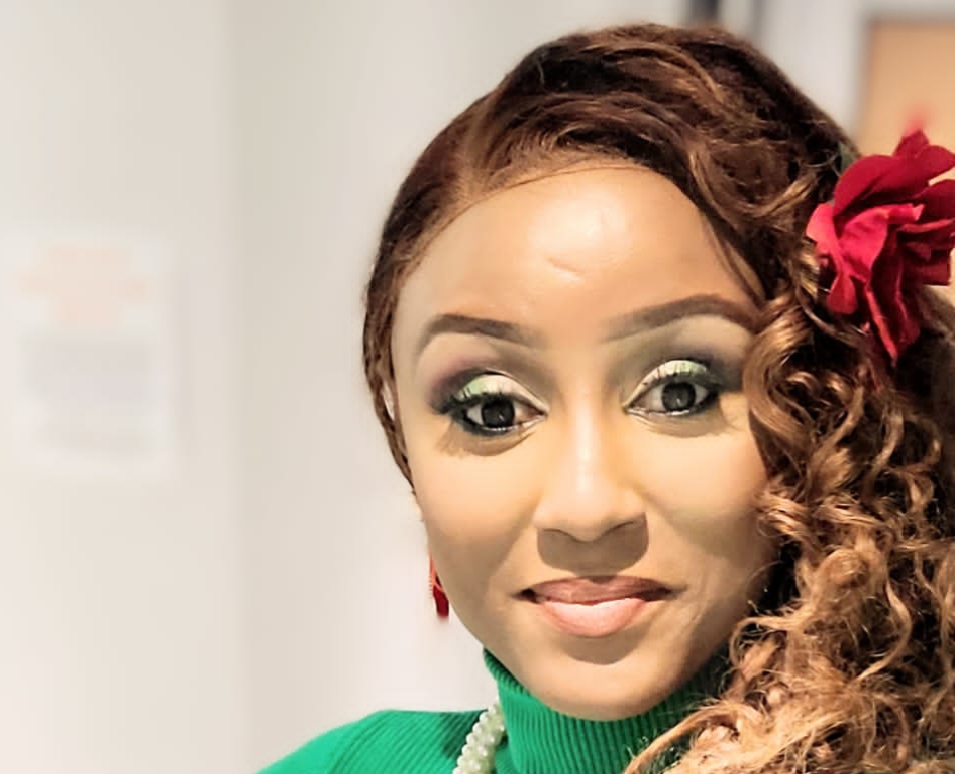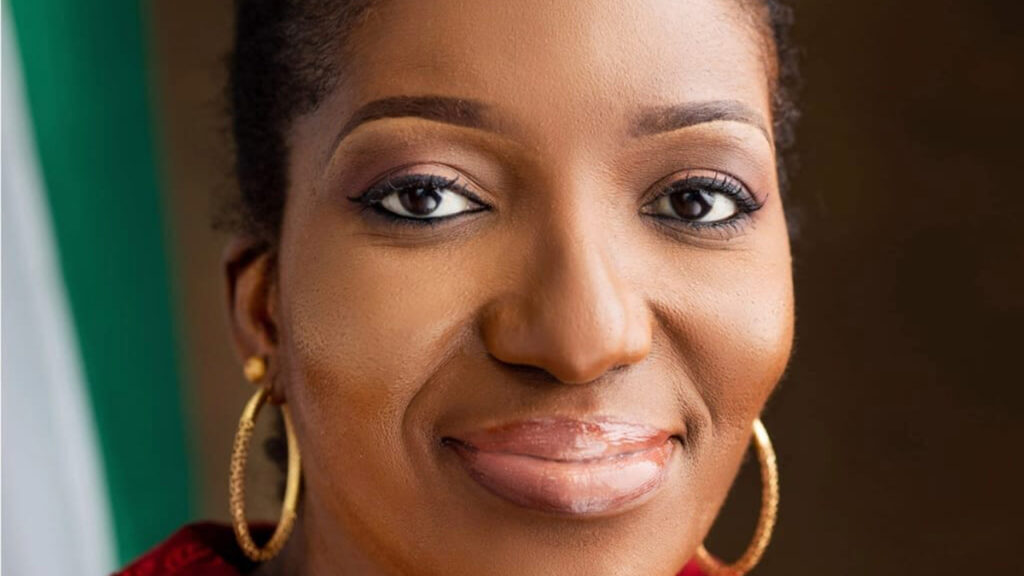Folasade Adejoorin, is a marriage counselor, university administrator and certified professional on parenting and family life issues. A university administrator, she guides teens to become their best selves despite societal and academic pressure through a non-judgmental and personalised approach. She also provides parents with resources to understand better and support their teenagers. An advocate for positive family culture as a catalyst to development, she is the author of two books – Purposeful Parenting and Widowed Wounded Whole. In this interview with GERALDINE AKUTU, she speaks on her most recent book on widowhood, passion for grooming teenagers and breeding wholesome family life.
Take us through the process of coming up with your book on widowhood.
I fondly refer to the book: Widowed Wounded Whole as my lockdown baby. I wrote it during the lockdown of 2020. I had so much time to myself, and I wanted to maximize it. Then the idea dropped, “Why not document your widowhood experience?” Even though the period of writing the book was relatively short, the road to publishing and getting it launched took a while. It took a while to get the foreword to the book written. It was important for me to have someone who had a personal connection to the subject matter and God made this happen by His providence. In 2012, when my husband went to be with the Lord, Bimpe Mfon, widow to the Late Pastor Eskor Mfon of RCCG City of David, Apapa was five years into the widowhood journey. I appreciate Mummy Mfon, who graciously accepted to write a Foreword to the book. I thought that after getting the book cover, we could launch the book during my birthday in 2021, but I couldn’t due to health issues that went on for many months. Thank God again for healing. The book, Widowed, Wounded, Whole is about my journey of widowhood, but more than that, it is a book of victory. It tells how I navigated the early years of this journey with the help of God and a couple of people who stood steadfast in my corner. The book was written to encourage widows and widowers, especially those who are new in the journey, not to lose hope.
A major problem most times when a woman loses her spouse is that she also loses every asset and is left alone with her children, among other practices. What is your take on this trend that has left many handicapped?
Widows being stripped of their assets is a hidden crisis that has not been addressed properly. The loss of a spouse is a profound emotional blow, yet for many women particularly in Nigeria, their overwhelming grief is compounded by a sudden loss of financial security. First, there is a need for comprehensive reform of laws that discriminate against women in matters of inheritance and property rights. There should be equal rights to property ownership and inheritance, irrespective of gender. Another way to avoid this is when men ensure that they have a will. Having a will is not a death sentence but it protects the people who matter the most to you if an unfortunate incident occurs. Additionally, legal aid services should be provided for widows to help them navigate the very complex legal processes involved in securing their rights.
You are also an advocate of positive family culture which led to your book on Purposeful Parenting, what do you think parents are not doing right in this time and age?
As an advocate of positive family culture and author of “Purposeful Parenting,” one area I have noticed is the overemphasis on academic achievement and extracurricular success at the expense of emotional and social development. It’s a competitive world out there, and it’s understandable that parents want to equip their children with the best possible opportunities. However, the relentless pressure to excel in school and activities can lead to burnout, anxiety, and a lack of essential life skills. Children need a balanced upbringing that values emotional intelligence, empathy, and the ability to navigate interpersonal relationships and one that values academic and extracurricular accomplishments. Another area of concern is the erosion of family time. Modern life is fast-paced, with parents juggling demanding careers and children managing packed schedules, leaving little room for genuine family bonding. Quality time together is vital for building strong family ties and providing children with a sense of security and belonging.
With your target on teens living above societal and academic pressures, how are you achieving this vision?
I equip them with the tools, mindset, and support they need to navigate these challenges, become resilient, and live balanced and fulfilling lives. By organising workshops, seminars, and school programmes, I also help teens develop self-awareness, empathy, and effective communication skills to navigate interpersonal relationships and challenges. Advocacy plays a vital role in creating a broader impact. I also hope to work to influence educational policies and practices to reduce undue academic pressure and promote a more holistic approach to student development. Parents play a crucial role in shaping their children’s experiences and attitudes. We offer workshops and resources for parents to help them support their teens effectively.
What is your key message to families, especially at this time in our economy?
In the face of our current economic realities, my key message to families is to have faith in God, stay united, and be resilient. These are not only essential for navigating economic hardships but are also necessary to foster a strong, loving, and supportive family environment. Embrace a spirit of gratitude and contentment. In a world often driven by materialism, it’s crucial to cultivate gratitude for what we have and avoid unnecessary comparison and competition. This is the time to practice good stewardship and make wise financial decisions. Families should budget wisely, save, and spend responsibly. Finally, even in these difficult times is, “Do not eat your bread alone”. Certainly, you are better than someone. In times of economic hardship, it’s easy to become inward-focused and self-absorbed, and this is a temptation we need to avoid.
What is your advice to women especially those who are widowed on living their dreams and being a better version of themselves?
Living your dreams and becoming a better version of yourself, especially as a widowed woman, can be both challenging and empowering. Grieve but also heal at your own pace. Seek support from friends, family, or professional counselors if need be and if you can afford it. Accept that life is different now and embrace the change as an opportunity for growth. Healing is essential for personal growth. Reconnect with yourself and rediscover your interests and goals. Reconnect with who you are outside of your marital relationship. You and your late spouse must have made plans together. Forge ahead with them if you can, and set new goals for yourself if you are unable to. Consider furthering your education or acquiring new skills. This can open new opportunities and increase your confidence. Seek financial independence. There’s nothing that erodes your dignity more than becoming a beggar. I’m not saying don’t ask for help, but don’t become beggarly. Remember to take it one step at a time and be kind to yourself.
What is your life mantra?
I won’t say I have a life mantra, but as much as God gives me strength I seek to be guided by the principles of the Word of God – the Bible. At the end of my life, I want to be remembered as a kind woman. One who never gave up despite the challenges life threw at her. I seek to be a better version of myself.

